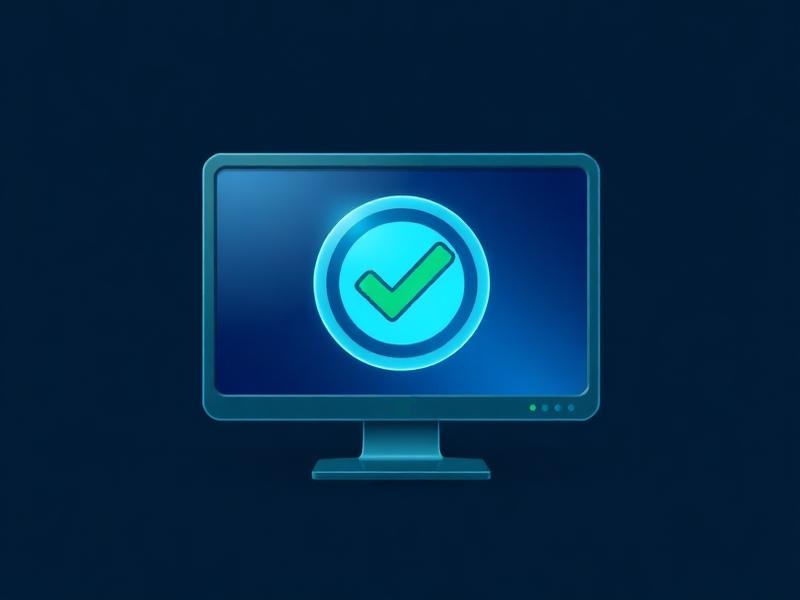Cursor Lag Windows on Dell XPS - causes, fixes, and prevention
Overview - what this guide covers
We’ll cover driver updates, USB polling settings, and PC-Care.ai trimming to restore snappy response.
Symptoms you might see
- Mouse pointer delayed
- Cursor stutters when dragging
- Click not registering immediately
- External monitor causes more lag
Cursor lag often results from high CPU usage, driver conflicts, or USB polling issues. External monitors can add GPU overhead.
Manual fixes - step by step
- Update mouse and graphics drivers
- Disable pointer trails
- Test with another USB port or mouse
- Close background apps with high CPU
- Adjust display refresh rates
- Run PC-Care.ai to trim startups
Driver updates fix input lag. Disabling pointer trails reduces extra rendering. Testing different ports isolates hardware. Closing heavy apps frees CPU cycles. Adjusting refresh rates improves GPU latency.
Prevention - keep the issue from coming back
Keep drivers current and avoid unneeded background apps
Use PC-Care.ai weekly to maintain low baseline CPU
How PC-Care.ai helps
PC-Care.ai detects lag-inducing processes and defers them for smooth cursor movement.
Users report smoother mouse movement and fewer input delays.
Run Free AI ScanFAQ
- Why does cursor lag appear suddenly?
- Usually after driver or Windows updates adding new background tasks.
- Does high polling rate matter?
- Yes - very high polling can cause CPU load on weaker systems.
- Do external monitors increase lag?
- They can by adding GPU load - try lower refresh rate.
- Can antivirus cause lag?
- Yes if scanning UI threads or input devices in real time.
- Is a wireless mouse worse?
- It can be if battery low or interference present.
- Can PC-Care.ai help automatically?
- Yes - it lowers background CPU usage and trims heavy startups.
References - further reading
- Fix mouse lag
- support.microsoft.com/help/4026981
- Adjust mouse settings
- support.microsoft.com/help/4026923
